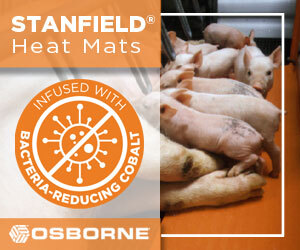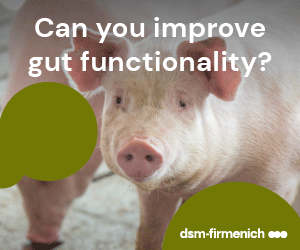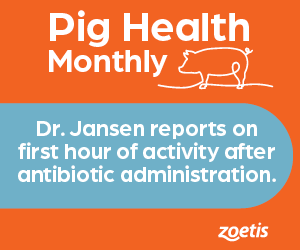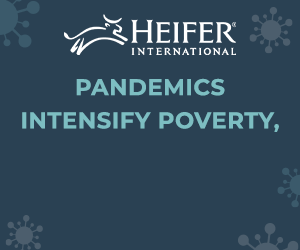



Why European Big Business Wants to Fudge Pork Labelling
EU - Voting on Europe's draft plan for country of origin labelling of sheep, goat, pig and poultry meat was taken off the agenda at a Brussels meeting last week as country representatives failed to reach agreement.The European Commission is proposing that food operators be required to label the country in which an animal was reared and slaughtered, but not its place of birth, reports the National Pig Association (NPA).
Huge sums of money are at stake because many consumers will pay a premium for meat from their own country — and they will take the term "reared-in" to mean the same as "country of origin".
This has created a stumbling block at Brussels over the period that pigs would have to be in a country before they could be described as "reared-in".
Some countries want honest labelling (a longer reared-in period), whilst business interests in the live-pig exporting and importing countries (Germany, Denmark, the Netherlands) have persuaded their governments to press for shorter reared-in periods.
The choice at last week's meeting in Brussels came down to three or four months — neither of which is remotely satisfactory to NPA and NFU, which want six months.
Germany, the biggest pig-rearing member country, with 25 per cent of its production based on imported pigs from Denmark and the Netherlands, pushed for three months, whilst neighbouring France was in favour of one month extra.
In a bid to strike a balance, the Commission floated the idea of using weight — 25kg instead of a specific time-period for rearing an animal.
Food operators would be allowed to put the country of origin on unprocessed meat, if an animal was born, reared and slaughtered in the same country.
The dossier is back on the agenda at the Standing Committee on General Food Law this Thursday (5 November).






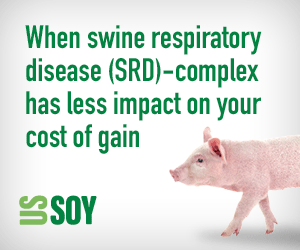
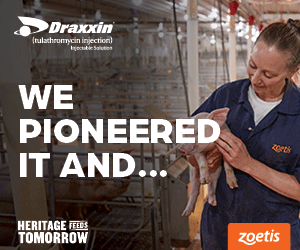


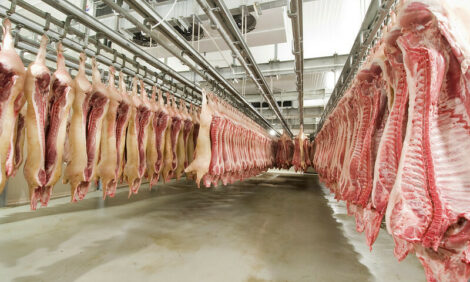
.png)
